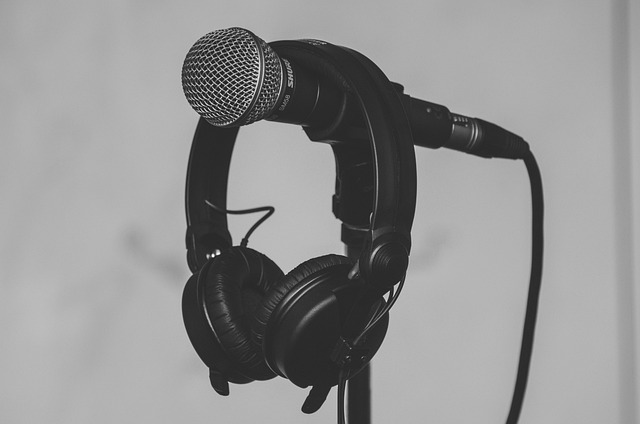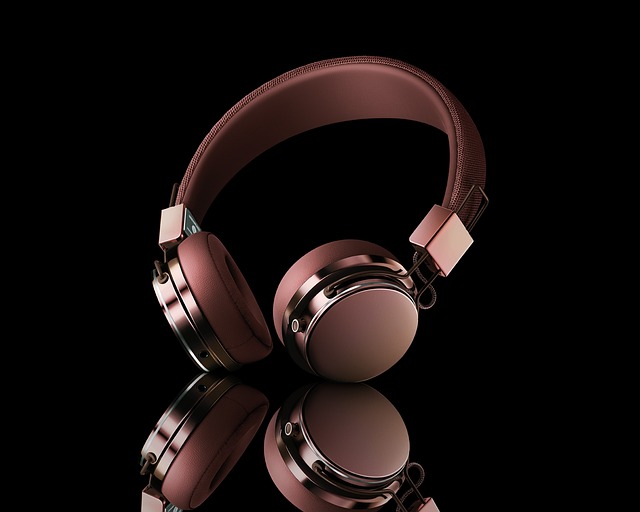Mastering Linear Phase Filters: Elevating Your Audio Recording Game
In the world of audio recording, every subtlety matters. The quest for clarity, depth, and fidelity drives sound engineers and music producers to explore various tools that enhance their craft. Among these, linear phase filters stand out as a remarkably effective option for achieving pristine audio quality. But what exactly are linear phase filters, and how can they elevate your audio recording game?
At the heart of audio processing, linear phase filters are designed to ensure that all frequencies in a sound wave are delayed by the same amount of time. This characteristic is crucial for maintaining the integrity of your audio recordings, especially in genres that depend heavily on precise detail and nuanced expression. Unlike minimum phase filters, which can introduce unwanted phase shifts and distortions, linear phase filters provide a way to mix and equalize tracks without altering the stereo image or frequency relationships.
This becomes pivotal when you’re working on intricate projects where the placement of each instrument must be exact. Imagine layering tracks for a lush orchestral arrangement. As you tweak the equalization, the last thing you want is for your strings to lose their warmth or your brass to sound thin. Linear phase filters allow for surgical precision, making it possible to carve out space for each element while preserving the overall spatial integrity of your mix.
Furthermore, linear phase equalizers are essential in mastering procedures, where maintaining audio coherence is paramount. They help in eliminating resonances effectively while avoiding the phase shifting that other equalizers may introduce. As a result, your final product sounds clear and well-defined, establishing a professional polish that captures attention and resonates with listeners.
If you’re recording vocal tracks, for example, a linear phase approach can prevent the “pumping” effect that can occur with improperly phase-aligned elements. This is especially important in genres like pop and hip-hop, where clarity and punchiness are vital. By using linear phase filters creatively, you can enhance the presence of a singer without sacrificing the clarity of accompanying instruments.
Another significant advantage of linear phase filters is their capability during the mixing stage. When applying effects and dynamic processing, traditional filters can sometimes distort the natural tone of instruments. However, with linear phase filters, you can ensure that your audio retains its true essence. This makes them invaluable for vocal aligning, drum tightening, or even just fine-tuning the overall frequency balance of your mix.
As you dive deep into the world of audio recording, consider incorporating linear phase filters into your toolkit. Their ability to maintain frequency relationships and avoid unintended distortions can significantly upgrade your production quality. The clarity they bring will elevate your recordings, allowing the nuances of your sound to shine through in a way that feels authentic and impactful.
In a landscape where sound defines experience, mastering linear phase filters might just be the key to unlocking your full potential as an audio engineer. Embrace this technology, and let it guide you towards more refined, professional, and engaging recordings—because in the art of sound, every detail matters.




